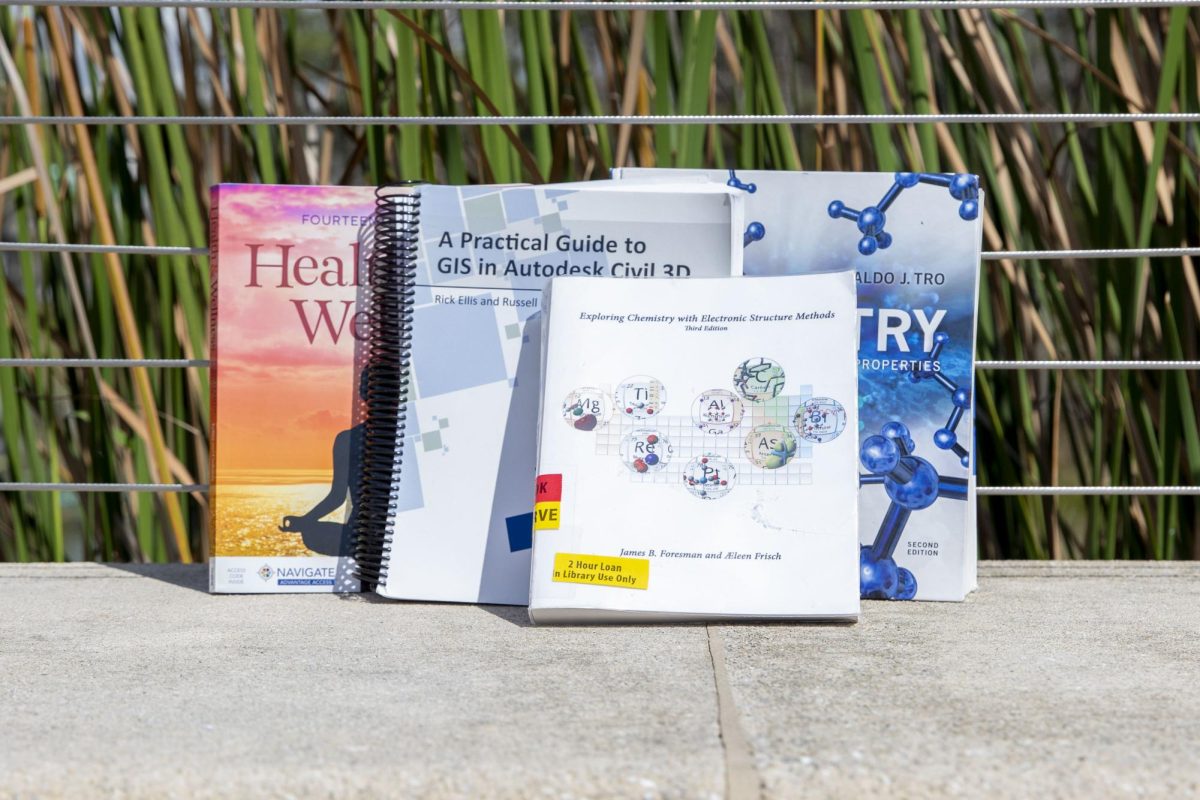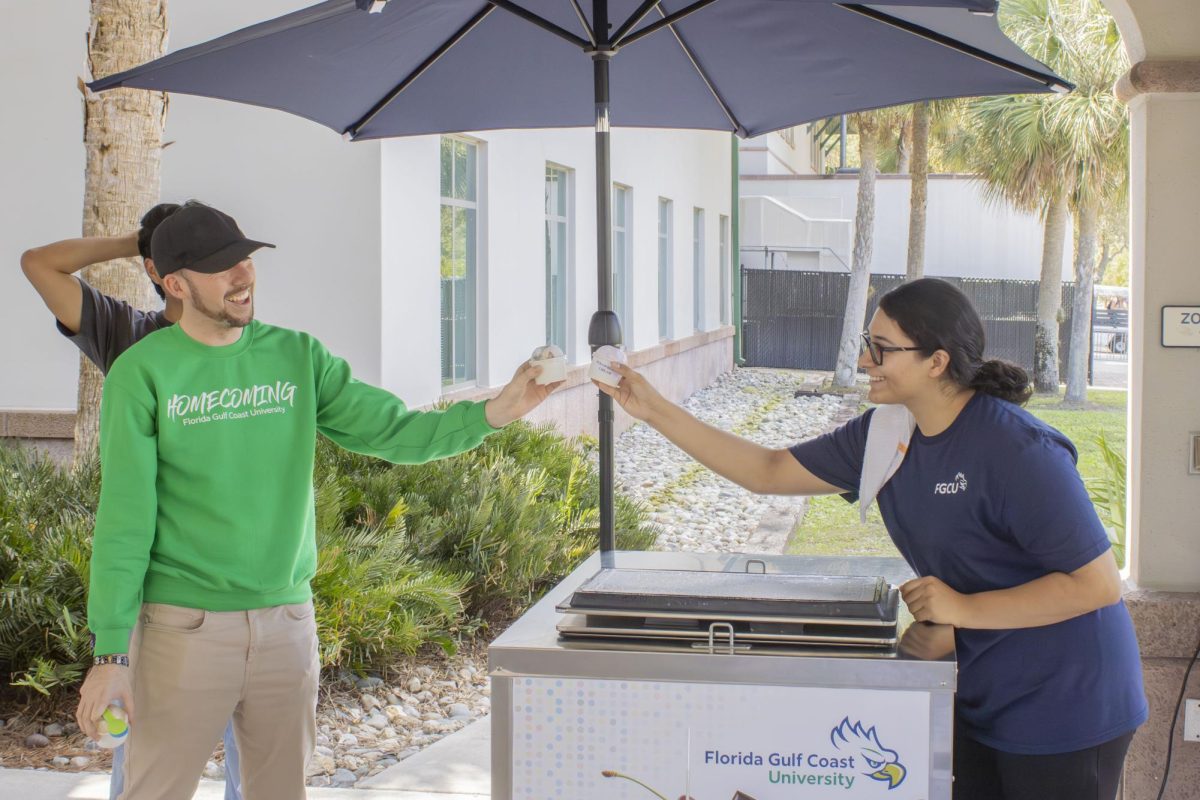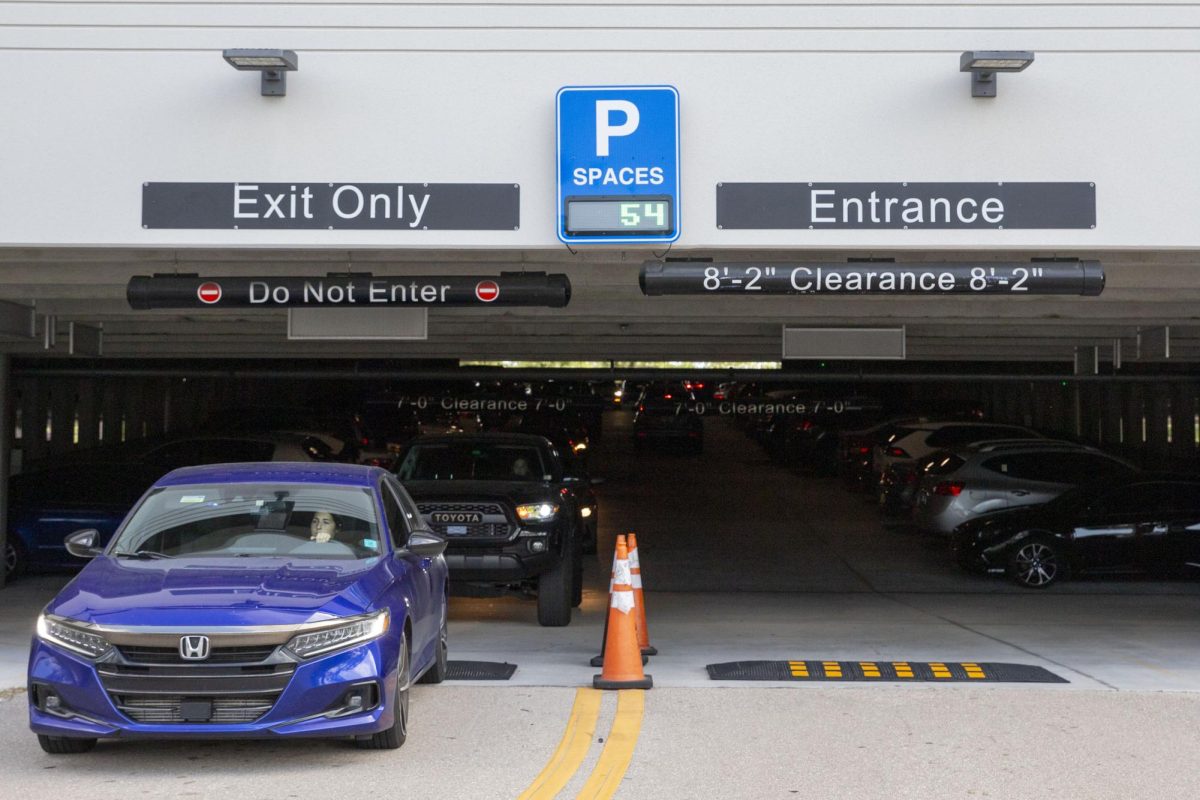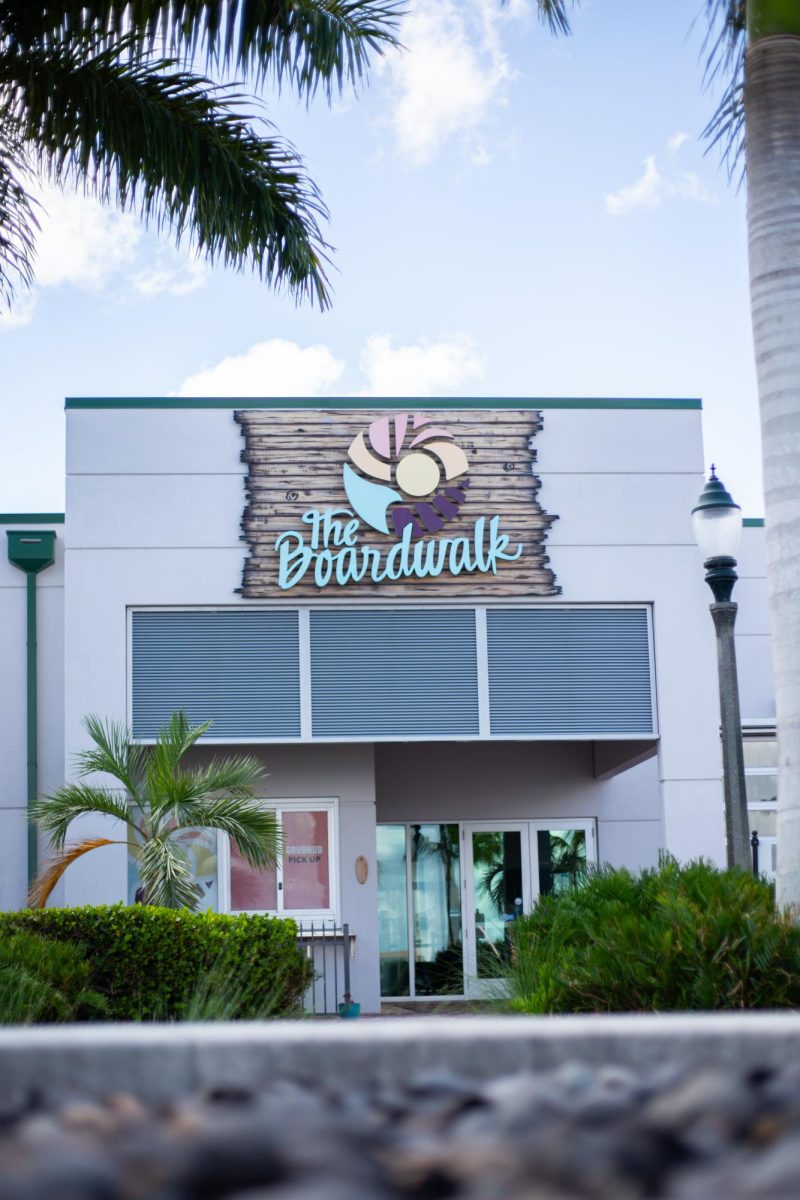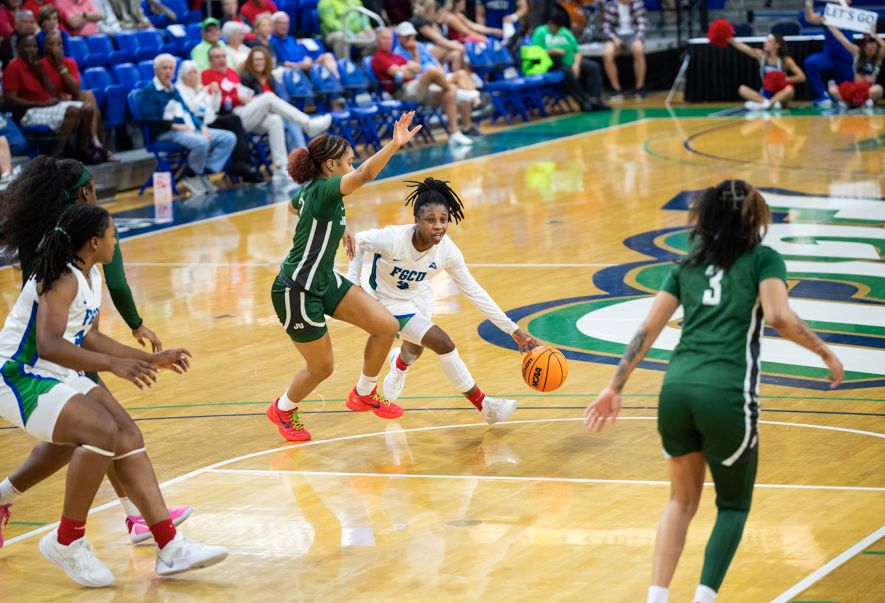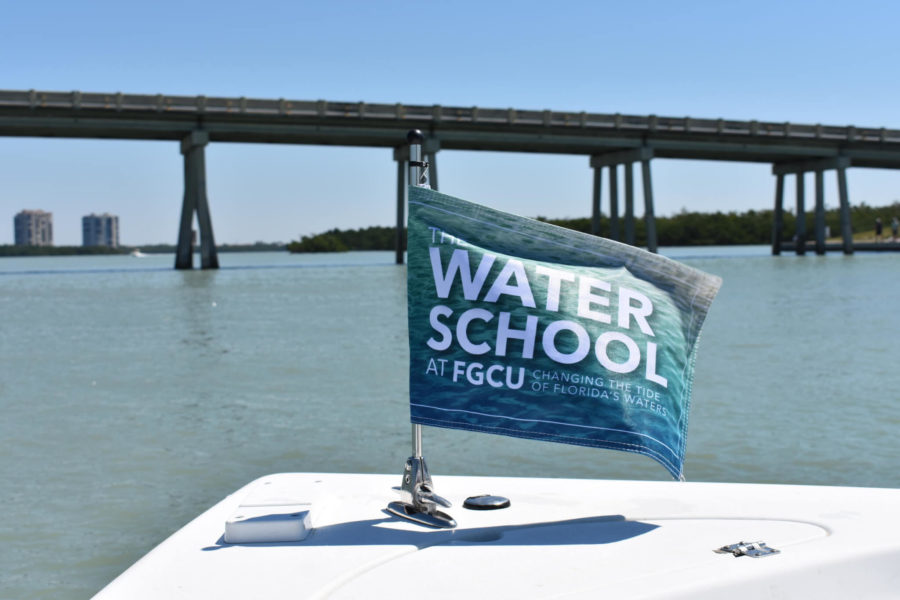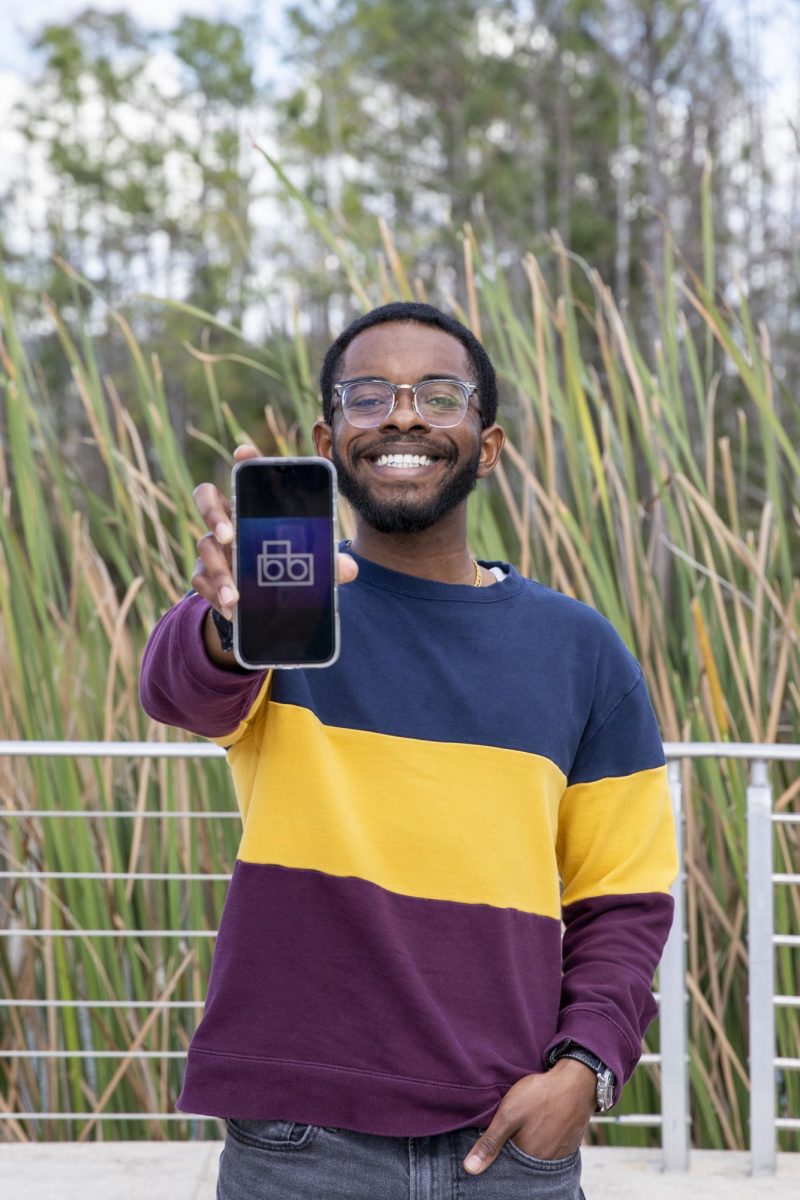Lauren Miceli
News desk
After Hurricane Irma in 2017 and the fifth longest occurring red tide in history that followed, the demand to study and manage water problems is high. FGCU’s location amid freshwater and saltwater systems makes it uniquely qualified to analyze these issues and develop solutions.
“We have funding through the state to hire world-class faculty and scholars,” Dr. Jo Muller, the department chair for marine and earth sciences, said. “We’ll be bringing the best to the university by hiring these people.”
Universities typically hire employees at the assistant professor level who are just starting their careers. The positions FGCU is seeking to fill are different because the candidates will already be established in their field.
“We’ll be getting people that are going to be working on these water issues, but they will already have 10 to 20 years of experience in doing this sort of research,” Muller said.
According to Dr. Greg Tolley, the executive director of The Water School, an environmental economist and someone who focuses on climate adaptation and coastal resilience will be hired.
Being surrounded by water, Southwest Florida faces problems such as hurricanes, floods, sea level rise and red tide. The Water School is focusing on understanding dangers like harmful algae blooms and the impact climate change has on the area.
“We found through one of our researchers and his graduate students that the toxins found in blue-green algae can make it up into the air,” Tolley said. It isn’t yet known how deeply those toxins travel within someone’s lungs.
Tolley said he hopes the school’s partnership with the U.S. Geological Survey, a scientific agency of the U.S. government, will help uncover why certain blue-green algae species become uncontrollable over others.
Other research includes studying pollutants such as microplastics and toxins within seafood.
Along with the U.S. Geological Survey, the Conservancy of Southwest Florida is working with The Water School, and the school has a new climate agreement with the conservancy.
“It’s a way to reach out to the local public to get them learning more about climate change and what they can do to help moderate climate change,” Tolley said.
The Water School will act as an outlet of information for the public by communicating with them about what is known regarding local water-related dangers and how they can protect themselves.
Once the school has a building of its own, it will also provide space for the public to meet and discuss the latest problems.
“I think The Water School is a great opportunity for faculty and students to engage with the public,” Muller said.
Along with engaging the public, the school was designed to better prepare students for life after FGCU by offering them greater access to faculty, more laboratory space and research.
“We’re going to be training the next generation of leaders in Southwest Florida to be able to handle and address these problems of the future,” Tolley said.
Students in degree programs within The Water School will be offered greater opportunities to expand their knowledge and capabilities. According to Muller, the school will come with enhanced funding for student projects and research.
“I think the students are really excited to be a part of something bigger,” Muller said. “It’s all been very positive feedback.”
The idea for The Water School has existed about five years, but it wasn’t until March 22, World Water Day, that the school officially opened.
There are plans to break ground for the Integrated Watershed and Coastal Studies building, which will house The Water School, next spring. Architects constructing the building hope to complete it in August 2021.
Categories:
The future of the water school at FGCU
August 21, 2019
Story continues below advertisement
0
More to Discover

